Teachers should refrain from expressing their political opinions in the classroom, as it can create a difficult or uncomfortable environment for students with differing views and infringe on students’ opportunities to form their opinions.
An important function of schools is to instill within children and young adults the values important to our society. That’s why we recite the Pledge of Allegiance (to foster patriotism) and teach our students to be kind, practice good sportsmanship and not abuse drugs. We would not do any of these things if we did not think that our teaching environments can influence students’ beliefs and behaviors.
But the reason that teachers have us recite the Pledge of Allegiance or drill these values home is the same reason that teachers should not express their political opinions in the classroom.
Within the classroom, teachers occupy a position of authority in students’ lives, so the things they say in the classroom have an outsize influence on their students.
Using this influence is appropriate to promote relatively clear-cut and universally agreed-upon ideas such as the basic principles of the United States or stances against bullying and substance abuse. But it is inappropriate to apply this same weight to statements of personal political opinion, especially given that modern politics can be so divisive as to automatically result in the villainization or belittlement of those who disagree with us.
Of course, teachers are not any worse at political discourse than anyone else. They have as much right as anyone else to hold their own political opinions and are often better than average, or at least better than their students, at clearly and effectively articulating ideas.
This is also not to say that political discussion is inherently bad. On the contrary, the ability to listen to and engage with a variety of political viewpoints and form independent judgments based on personal opinion is a valuable skill that we should be teaching students. We should not be insulating students from political opinions.
But the reason that it’s inappropriate for teachers to express their political opinions is that productive discussions can only occur when interlocutors are working together in good faith on a level playing field (a position of equal external authority) to investigate or explore an issue.
In a teacher-student relationship, there is an obvious power imbalance. Teachers can say they won’t abuse that power, and won’t punish students for disagreeing with them, but the problem is that for students there are often consequences outside of explicit punishment for disagreeing with a teacher’s political opinion.
Teachers are human too, which makes them susceptible to the same inherent bias that everyone experiences against people with differing views. Students are justified in their fears of incurring implicit judgment or damaging an otherwise positive relationship with a teacher for engaging in a conversation over a polarizing political issue.
In the end, then, what we end up doing is teaching students to suppress their political opinions. The dangers we face by allowing for political discussions to occur in environments of unequal power are forcing students to sit through exhortations in favor of ideas they ardently disagree with or teaching students one-sided, black-and-white views of topics that are inherently nuanced and debatable.
Most of the time, this is not a problem. Teachers are great at limiting their expression of personal political opinions in the classroom, and at being balanced and fair when presenting political topics relevant to class content. But we do not adopt norms and rules in response to the best behavior; we put them in place to account for the inherent possibilities of bias and abuse of power that are part of human nature.




